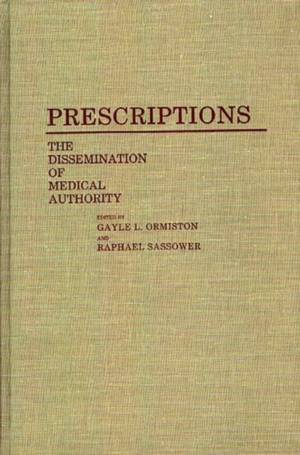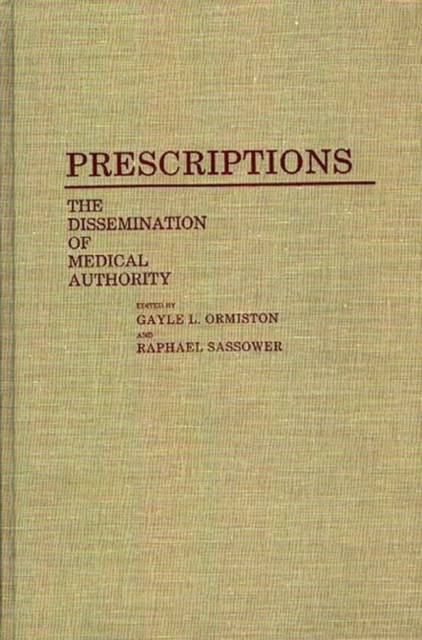
- Afhalen na 1 uur in een winkel met voorraad
- Gratis thuislevering in België vanaf € 30
- Ruim aanbod met 7 miljoen producten
- Afhalen na 1 uur in een winkel met voorraad
- Gratis thuislevering in België vanaf € 30
- Ruim aanbod met 7 miljoen producten
Zoeken
€ 127,45
+ 254 punten
Omschrijving
The essays brought together in this volume are the product of a University of Colorado, Colorado Springs, Colloquium on Science, Technology, and Society devoted to foundations of health care practices. Prescriptions contributes to the philosophy of medicine by redefining, redrawing, and resetting the respective domains of philosophy, medicine, and healthcare. It provides a conceptual point of departure, a point from which the radical changes that will be required of health care in the next century can be envisioned and acted upon.
Part I consists of three essays that provide critical analyses of the conceptual apparatus that informs the many dimensions of health care practices. In general, the contributors challenge the fundamental relationships of authority that exist between patients and health care practitioners, question the tradition of using classical ethical theories within the domain of health care, and suggest a set of different directions in which health care should develop. These essays demonstrate why a reevaluation of the culture of health care, and not just specific practices, is necessary. The two essays in Part II explore the economic, technical, legal, and public policy dimensions of contemporary medicine. The novelty of these essays lies in their response to the challenges already posed by the three preceding essays: each essay attempts to provide a specific contextual analysis for articulating and testing the broad conceptual and axiological problems raised therein. Part III provides a more specific context for exploring the issues and themes articulated in Parts I and II. Drawing attention to the techniques used to diagnose and, supposedly, cure, the contributors directly attack the view that psychoanalysis can be understood in medical or scientific terms. Those interested in the philosophical aspects of health care will find this volume provocative reading.Specificaties
Betrokkenen
- Auteur(s):
- Uitgeverij:
Inhoud
- Aantal bladzijden:
- 200
- Taal:
- Engels
- Reeks:
- Reeksnummer:
- nr. 27
Eigenschappen
- Productcode (EAN):
- 9780313266256
- Verschijningsdatum:
- 15/02/1990
- Uitvoering:
- Hardcover
- Formaat:
- Genaaid
- Afmetingen:
- 156 mm x 234 mm
- Gewicht:
- 476 g

Alleen bij Standaard Boekhandel
+ 254 punten op je klantenkaart van Standaard Boekhandel
Beoordelingen
We publiceren alleen reviews die voldoen aan de voorwaarden voor reviews. Bekijk onze voorwaarden voor reviews.











